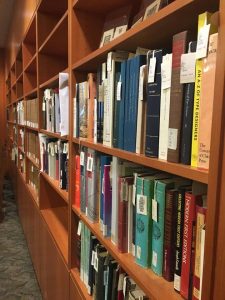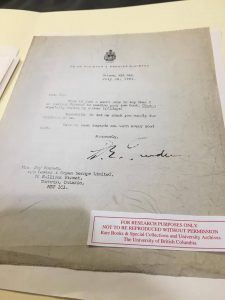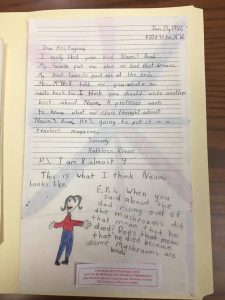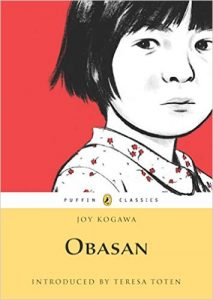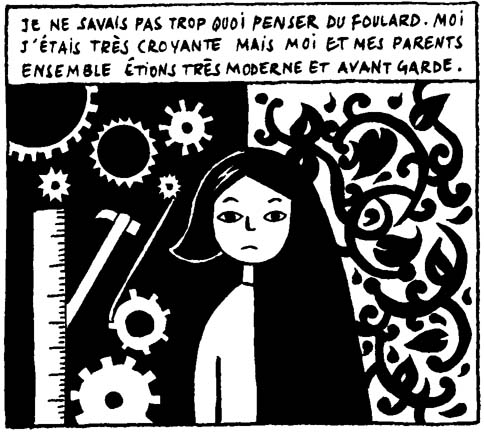These past few days in ASTU class, we talked about the many functions of poetry. In this final ASTU blog, I will not talk about why do we write poetry, but rather focus on whether we write poetry only in order to be read. Juliana Spahr, author of The connection of everyone with lungs expresses her feelings and thoughts on the 9/11 tragedy in a form of engaged poetry. In “A Poem Written After September 11, 2001,” she is politically active by communicating with the readers how we are all member of a political community, where we are responsible for our actions and inactions. When I was reading Spahr’s poem, I felt like she was writing to an audience, addressing her opinions and emotions to others. It made me wonder if the poets always write with the thoughts of being read by someone else or do they ever write only for themselves? But as for the committed poet, does not his mission consist in addressing people directly by inviting reflection or action? If one asks whether poets speak for all, can we assume that the poet speaks on the behalf of all? These are some questions that I kept thinking when studying Spahr’s poems. One satisfaction of a poet or any writer in general, is to be read, appreciate and recognized for his or her work. Or on the contrary, having negative feedbacks and comments, being criticized. Both ways prove a real interest in their work and improved their way of formatting their thinking.
A very common fear I realized in poets is to be misunderstood in their own work. Thus, this anxious feeling can lead to conform their poems in a way to please a wider public, simplifying their writing and the format to appeal to more people. As for the poetry now called “modern”, I wonder how far it would not be mystification. Because do poets have anything to teach us, internally? Or do they not simply repeat the same formulas, these clichés that we hear today unceasingly: body, text, textuality, drives, body writing? I admit it frankly, I tend more and more to believe that a poet today is nothing more than an individual who writes anything, that is to say, everything that passes through the head over its most immediate impulses.
In my opinion, the poet or writer, if he still exists today, must produce an idea. The true poet is a thinker, and his idea passes through a metaphor, that is, a reflective image of reality. He should communicate an original idea of his own and not just a “collage” of reality or of other’s people thoughts. At the end of a good poem, the reader should feel different and should have learned internally something.
To conclude, my favorite aspect of poetry, especially nowadays, is the fact that some people write for their own pleasure, as they were inspired or affected by a phenomenon. Because it is very hard to make a living out of poetry, most people write only to feel personally fulfilled rather than being driven by the money-making industry.
“There’s no money in poetry, but then there’s no poetry in money, either.”
– Robert Graves

